Students wearing Muslim clothing at school, particularly the abaya, has become increasingly common recently, sparking fierce controversies in France. Two schools in Lyon have registered a total of 170 cases of Muslim students wearing this typical long-sleeved, cloak-like garment covering the whole body. The issue prompted right-wing politician Gilbert Collard to take to Twitter, writing that it was time to open everyone's eyes as radical Islam is prevailing in schools; the pressure is so great that teachers are afraid to speak on camera.
The above footage shows that female Muslim students fold back their headscarves before entering the school building, as the French law 2004-228 of 15 March 2004 prohibits the wearing of symbols or clothing that openly display religious beliefs in French public education establishments, including secondary schools, primary and upper primary schools. As opposed to the headscarf, however, schools tolerate the wearing of the traditional long Muslim dress, the abaya. Speaking to the television crew, one girl said that 16-18 out of the 30 students in her class wear abayas, drawing disapproval from some teachers. Without revealing their faces or their names, some teachers said that the students wearing abayas, deliberately or unintentionally, put a lot of pressure on the whole institution.
BFMTV highlights in its report that currently, no central regulation exists in France determining whether or not the abaya is an item of religious clothing. A ministerial circular letter issued in 2022 leaves it up to school authorities to decide whether it is treated as such.
The television crew counted nearly two hundred abayas in the two schools they visited in Lyon. The school district promised to work out a school dress code by the start of the school year in September and get all the parents to sign the rules.
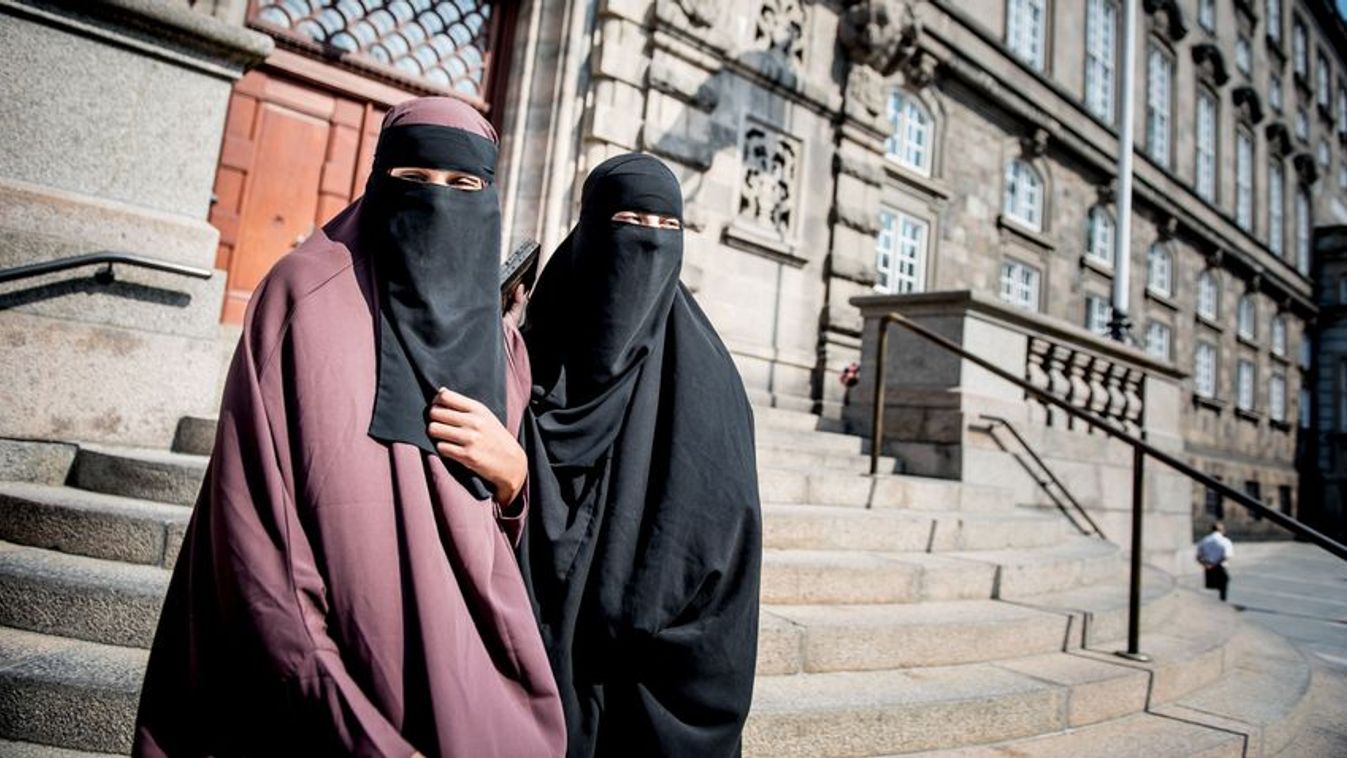





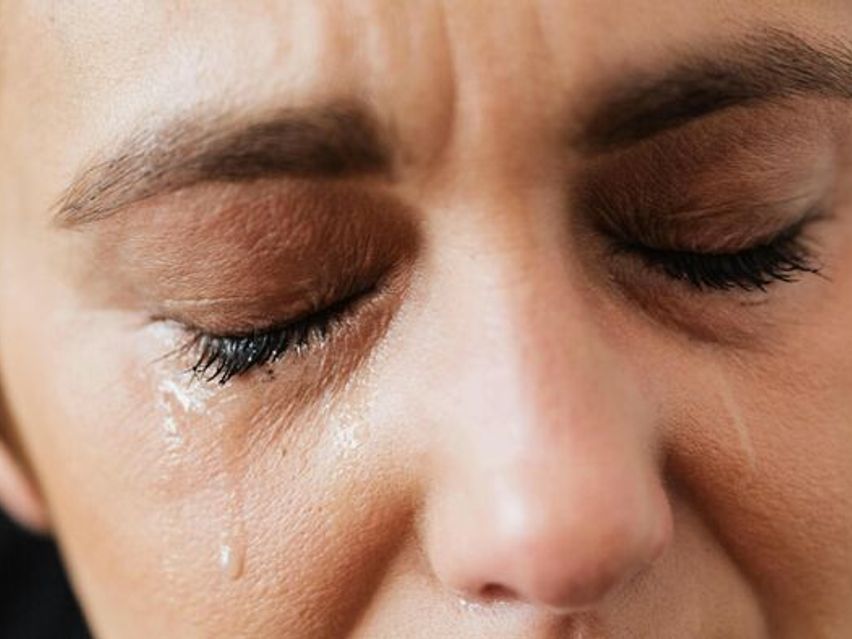




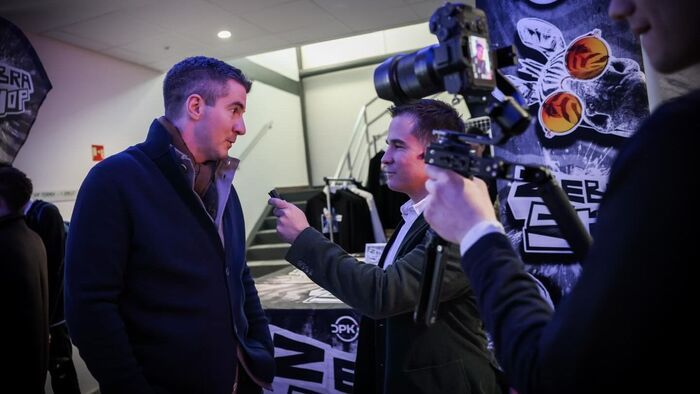



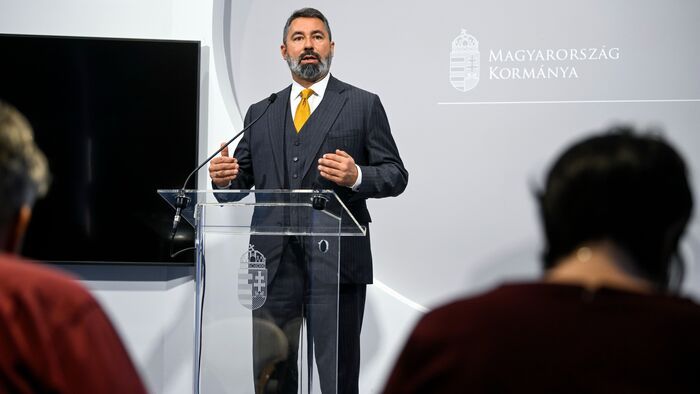
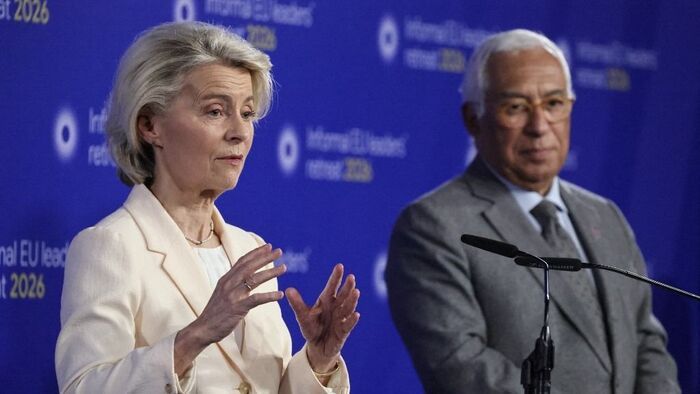
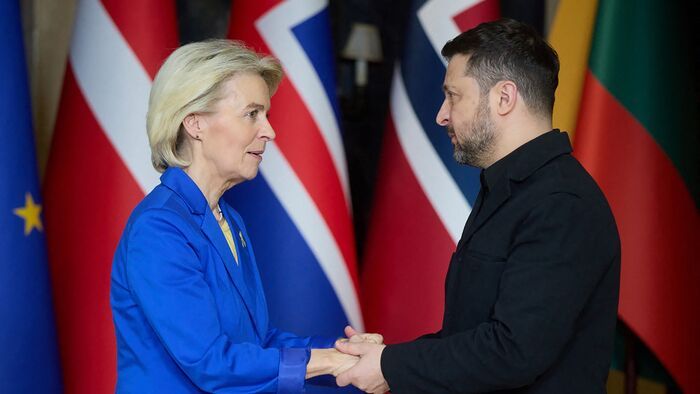





Szóljon hozzá!
Jelenleg csak a hozzászólások egy kis részét látja. Hozzászóláshoz és a további kommentek megtekintéséhez lépjen be, vagy regisztráljon!